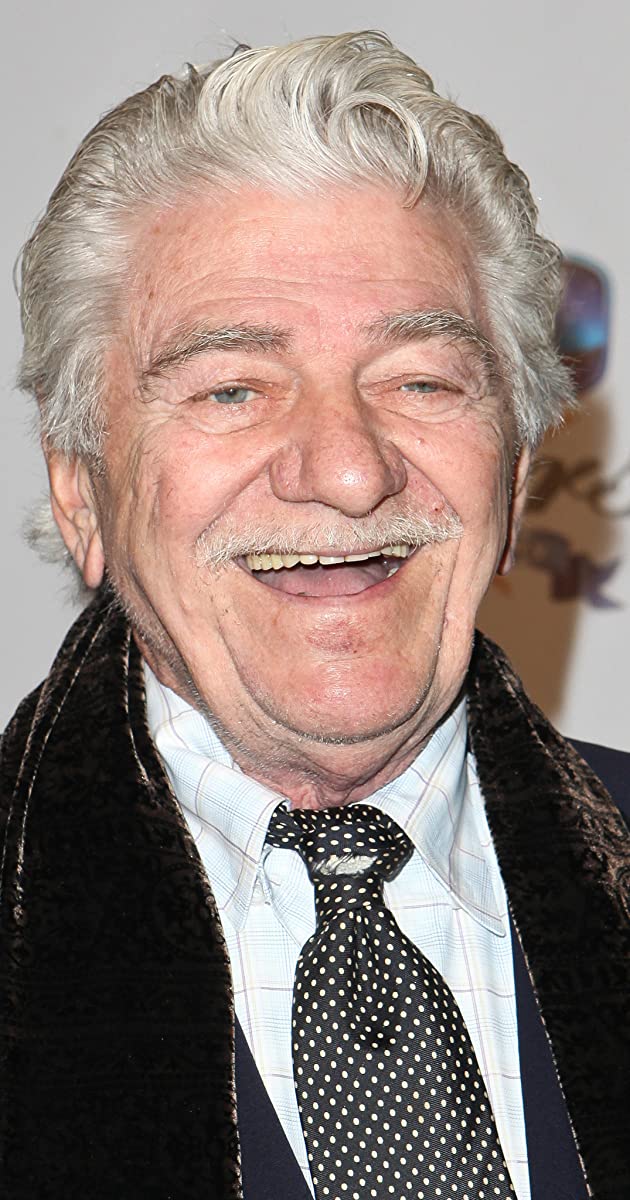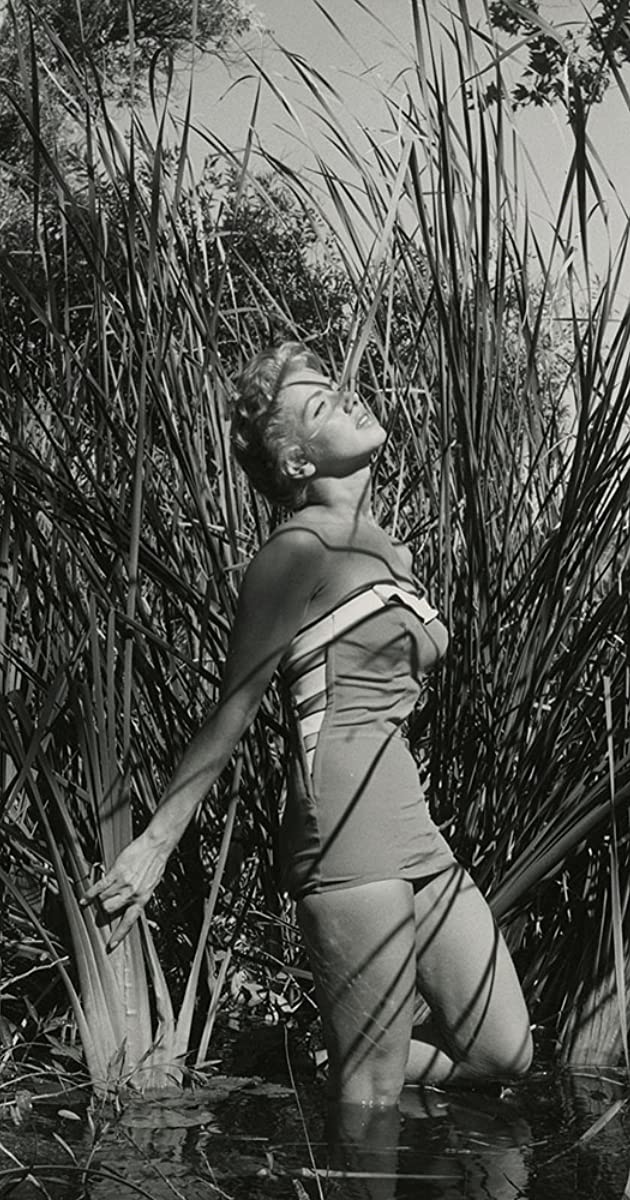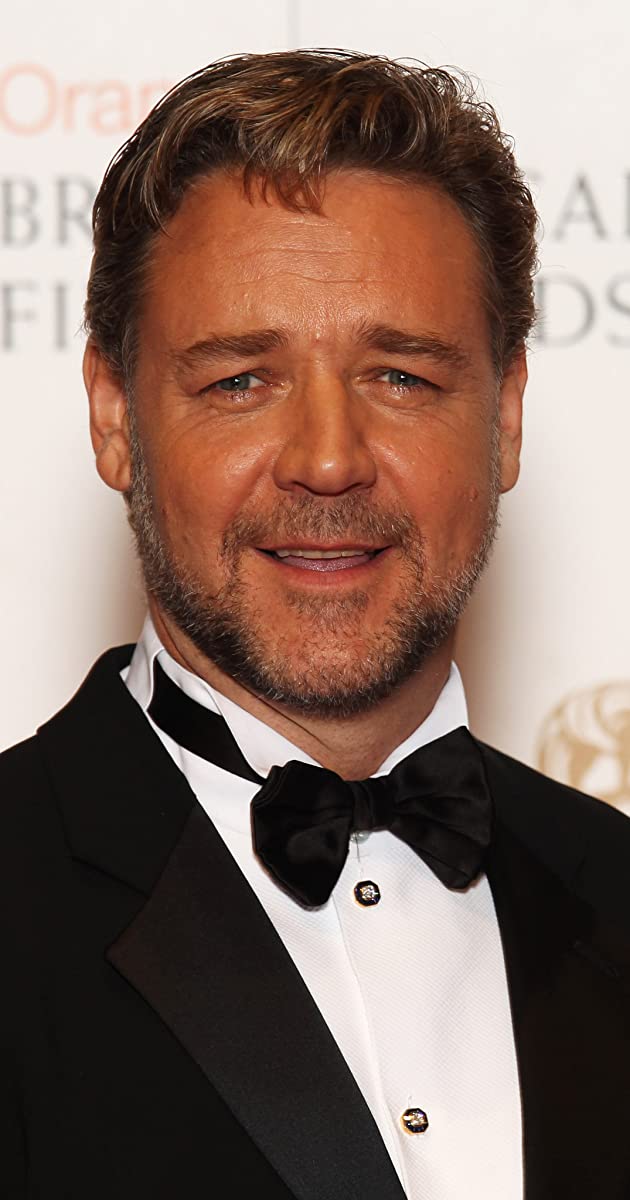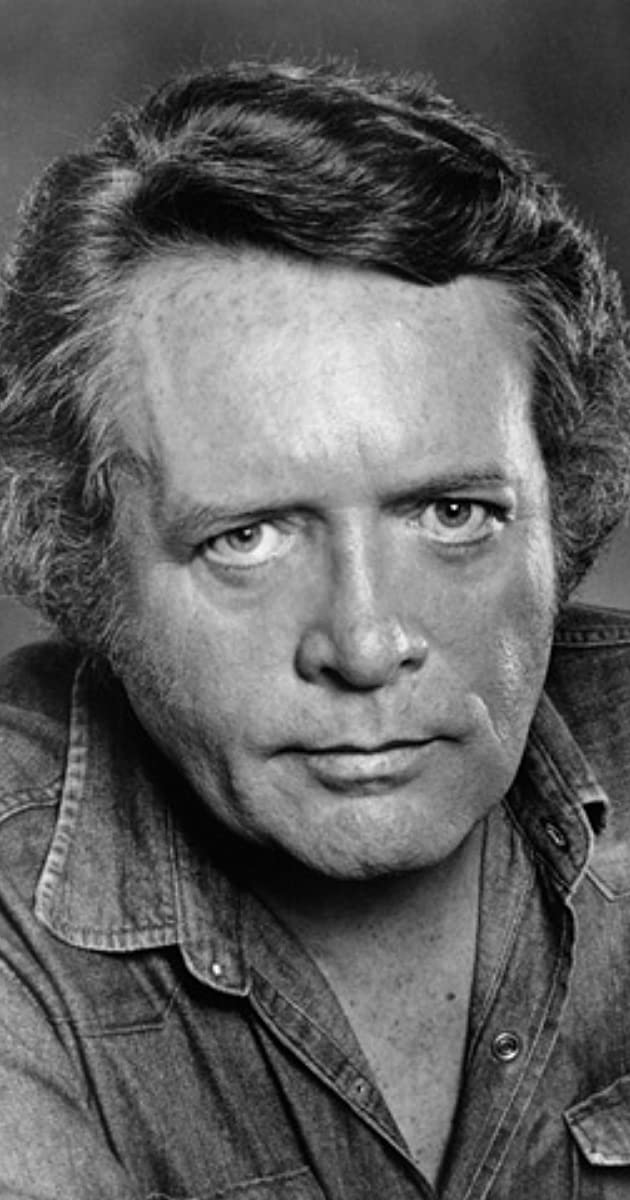
Seymour Cassel, the veteran character actor who was nominated for a Best Supporting Actor Oscar for his role as the hippie swinger Chet in John Cassavetes’ Faces (1968), studied acting at the American Theatre Wing and at the Actors Studio. He made his movie debut in Cassavetes’ first film, Shadows (1958), on which he also served as associate producer.
Seymour Joseph Cassel was born on January 22, 1935 in Detroit, Michigan, to Pancretia Ann (Kearney), a performer, and Seymour Joseph Cassel, who owned a night club. His father was of Russian Jewish and German Jewish descent, and his mother was of Irish heritage. Cassel’s early career was tied to Cassavetes, who himself had a flourishing career as an actor on television and in major Hollywood productions in addition to becoming, arguably, the first great independent movie director after the collapse of the studio system in the late 1950s/early 1960s. As for Cassel, after his uncredited role in “Shadows,” he co-starred with Cassavetes in The Webster Boy (1962) and Too Late Blues (1961) before winding up in support of his friend in Don Siegel’s drama The Killers (1964), a movie shot for TV that had to be released theatrically due to its heightened violence (it was also Ronald Reagan’s last movie). Cassel primarily made his living on TV in the 1960s, frequently typecast as beatniks and hippies. He had a supporting role in the Cassavetes-directed episode “A Pair of Boots” (1962) for The Lloyd Bridges Show (1962) as well as appearing on such popular programs as 12 O’Clock High (1964), Combat! (1962) and The F.B.I. (1965) before scoring with his aging hippie in “Faces” at the end of that tumultuous decade.
Along with “Shadows,” “Faces” remained his favorite Cassavettes film. In addition to acting, Cassel was also a crew member on the film, as the technical staff numbered all of seven. He helped shoot the film as a second cameraman, as well as adjusting the lighting. As the film was financed by Cassavettes himself, there were no union regulations to deal with, nor a studio schedule to keep.
Several of Cassavettes’ films were shot in continuity, so the actors could develop a character in sequence–similar to stage acting–rather than the traditional method of film making, which is shot out of sequence. Cassel had stated that this technique enhanced the success of his works by eliminating the “fourth wall” between the audience and the actors. He believed that acting tells the film’s story, not the images and that what is important is how the audience relates to the characters on screen.
As their careers matured, Cassel also co-starred with Cassavetes in two TV movies, Nightside (1973) and Nightside (1973) and appeared in supporting roles in three more Cassavetes-directed films: The Killing of a Chinese Bookie (1976), Opening Night (1977) and Love Streams (1984).
In addition to appearing in studio films, Cassel remained prominent in the American independent film community since the death of his friend and collaborator. He contributed a cameo appearance in the directorial debut of Steve Buscemi (with whom he appeared as a co-star in the black comedy In the Soup (1992)), Trees Lounge (1996), and has appeared in three films by Wes Anderson: Rushmore (1998), The Royal Tenenbaums (2001) and The Life Aquatic with Steve Zissou (2004).
Cassel was prized by independent directors for two things: his positive nature, and his (perhaps) facetious declaration that he’d be in any independent film for the price of a plane ticket if he liked the script.
He died on April 7, 2019 in Los Angeles, California.


